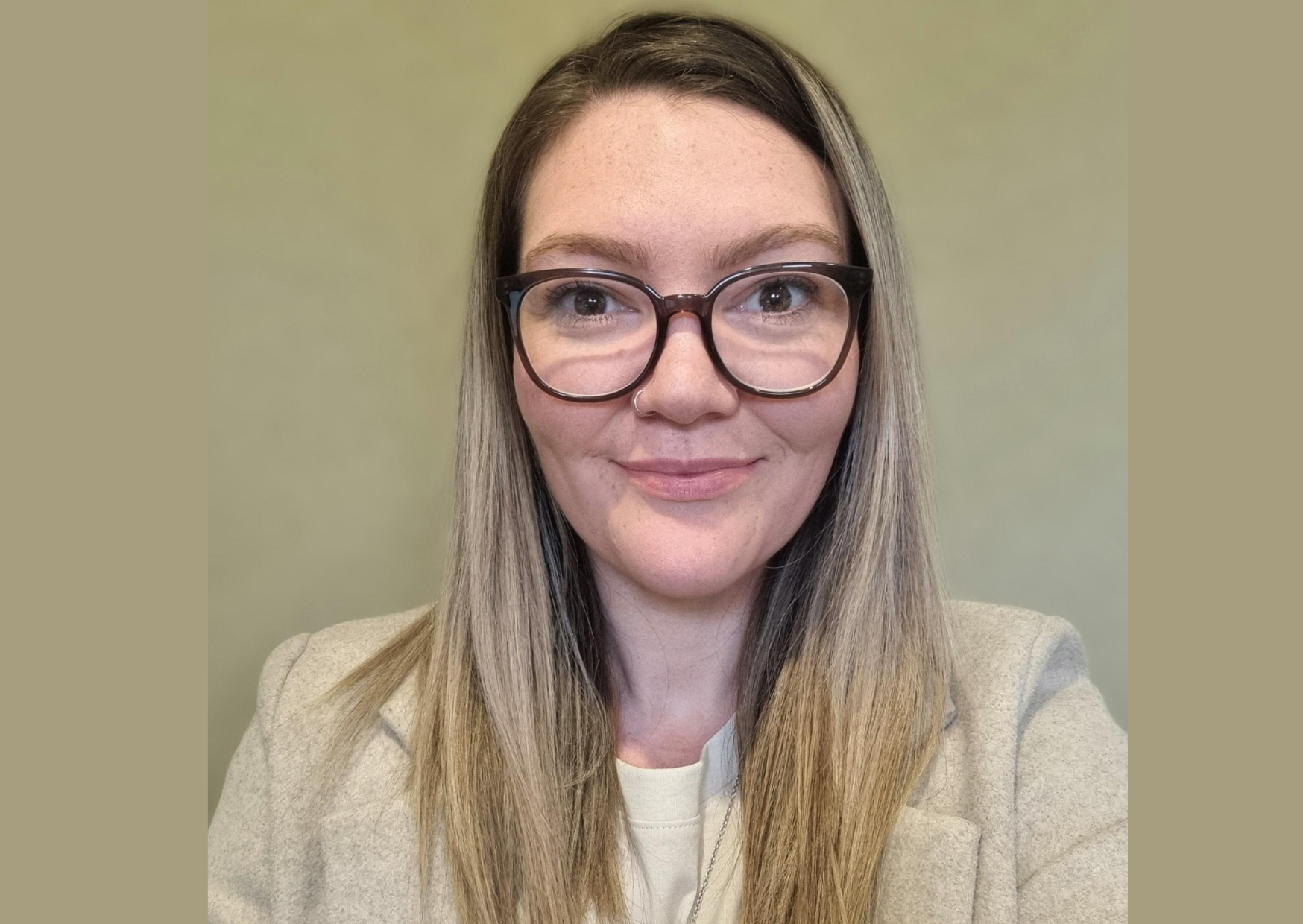



written by
Jessica Thomson
Bachelor of Teaching (ECE)
Jess is an experienced early childhood leader and educator with a passion for inspiring teachers and supporting professional growth. A proud mum of three, she blends real-life experience with a deep understanding of early learning, leadership, and curriculum design.
Her writing reflects key early childhood frameworks and professional standards, connecting theory with the realities of teaching and leadership. Through ECE Learning Unlimited, Jess shares reflections and resources that encourage educators to grow, lead, and thrive.
